When you’re hurt after an accident, it’s common to miss work. In some cases, you’re only out of work for a short period. In other cases, an injury can change the course of your entire career. If you’re hurt in a way that prevents you from working, your lost earnings are part of your damages.
You have a right to collect your losses from the person that’s responsible for your injuries. When you’re unable to work into the future past the time it takes to resolve your case, your damages are called lost earning capacity. Adam S. Kutner, Injury Attorneys can provide critical insight into how to recover for lost earning capacity in your Las Vegas injury case.
START YOUR FREE CONSULTATION
NO FEES UNLESS WE WIN!
Lost Earning Capacity vs. Lost Wages
Lost earning capacity refers to the income that you probably would have made if you hadn’t been hurt. It’s speculative because you can’t know for sure what would have happened if you hadn’t gotten hurt. Lost earning capacity tries to measure, as close as possible, what you might have earned if the accident hadn’t happened.
Lost earning capacity is separate and different than lost wages. Lost wages represent the actual, measurable income loss from the time of your injury to the time that the lawsuit is resolved. Lost wages are quite easy to measure. Even if you’re self-employed or you earn bonuses, you should be able to quantify lost wages to a reasonable degree of certainty. While lost wages measure what’s already happened, lost earning capacity attempts to look into the future.
How Do You Prove Lost Earning Capacity?
Even though proving lost earning capacity requires a fair bit of guesswork, it’s still important to present concrete evidence. You should consider any fact that might tend to show your losses. Some of the facts and pieces of evidence that you may submit in your case are:
- Earnings before your injury
- Bonuses
- Opportunities for promotions
- Education
- Job performance and evaluations
- Health
- Age
- Number of working years before retirement
- Growth in the industry
- Typical raises
- How long your injuries are expected to last
- Whether you can return to different employment for a reduced wage
No one factor ultimately answers the question. There aren’t any guidelines for how much the jury should weigh each element. Instead, the jury should look at all of the circumstances present in the case. Even though there’s speculation involved in determining lost earning capacity, the jury should examine genuine evidence when they make a determination in your case.
Time Limits
There are strict time limits to bring your case. When you’re unable to work long term, your case might move all the way through the courts long before you’re able to begin working again. The courts and Nevada laws anticipate this problem. The fact that you’re not able to precisely value your damages shouldn’t stop you from collecting a reasonable amount for your lost future earnings.

However, one thing that can stand in your way is the statute of limitations. The statute of limitations is the time limit that you have to file your case formally. In most Nevada personal injury cases, the limit is two years from the day you get hurt. If you miss this deadline, you can’t get any recovery. Fortunately, proving lost earning capacity doesn’t require you to have a crystal ball. Instead, you just need to demonstrate what likely would have happened if you had continued to work.
How Do I Prove My Case?
Once you’ve identified what kind of evidence you have, you must prepare to present your case. You’ll want to call witnesses to testify to things like your previous wages, the career outlook in your occupation, and your new limitations. Some of these witnesses might be known to you, and others might be experts that you work with just for the purpose of bringing your case. The witnesses you might call include:
- Employer: They can testify about your wages, job performance, and raises you probably would have received.
- Friends and family: Your friends and family know how your injuries have changed your life. They also know what your career ambitions were.
- Medical professionals: The professionals know what your injuries are. They can tell the jury about your long-term prognosis.
- Vocational experts: Specialists in this area can help the jury connect the dots between your injuries and career limitations. They can explain how you’re unable to work in the same capacity and what treatment you’ll need to reenter the workforce.
- Economists: An economist can provide information on salary trends in your field. They can help the jury understand typical career and lifetime earnings for someone similarly situated.
Nevada Case Law and Things to Keep in Mind
- The Nevada Supreme Court has affirmed that you can use an economist and vocational expert to prove your case for lost earning capacity as long as the witness otherwise meets the requirements to testify as an expert.
- There’s no set period that you need to be out of work to claim lost earning capacity. If you’re going to be out of work for a period that extends beyond the time limits of the case, you can make a claim for lost earning capacity.
- Lost earning capacity is a fact-based inquiry. If you’re young or if there are questions about your career path, the jury can take these uncertainties into account.
How Can an Attorney Help?
If you’re unable to work after a personal injury, you deserve fair compensation. You and your loved ones depend on you, and Nevada law provides for compensation for lost earning capacity after an injury.
Although lost earning capacity is only one area of damages, it can be crucial to your recovery, mainly if you will be out of work for an extended period. An experienced injury attorney can help you identify your lost income and build the evidence to prove your case. They can make sure you efficiently gather evidence and present your case to the jury in the best possible light.
Call (702) 382-0000 For a Free Consultation
Areas We Service in Las Vegas, Nevada
Las Vegas Strip | Henderson | Anthem | Summerlin | Paradise | Spring Valley | North Las Vegas | Summerlin North | Summerlin South | Sunrise Manor | Nellis AFB | Desert Shores | Downtown South | Charleston | Richfield | Crestwood | Angel Park Ranch | Queensridge | Casa Grande Pines | Winchester | West Las Vegas | Green Valley North | Lake Las Vegas | Sun City Summerlin | La Madre Foothills | Tule Springs | Mac Donald Highlands | Green Valley Ranch
Adam S. Kutner reviews and testimonials
“I needed an attorney because I couldn’t deal with the accident on my own, so I needed someone else’s opinion about my accident.
Well I heard about Adam Kutner through an associate of mine and I chose to seek him because I heard of him before also, so I thought he would be the best option for me.
I was very happy with my settlement and it came quicker than I thought, in just a couple months I received a check in the mail.
When I recommend Adam Kutner I would tell them that the settlement comes very quickly, and he is very helpful with transportation and whatever else you may need.”
– Deborah Banks. 5/5 Stars
START YOUR FREE CONSULTATION
NO FEES UNLESS WE WIN!
SE HABLA ESPAÑOL
Call Now! Free Consultation!

Adam S. Kutner
PERSONAL INJURY LAWYER
With more than 34 years of experience fighting for victims of personal injury in the Las Vegas Valley, attorney Adam S. Kutner knows his way around the Nevada court system and how to get clients their settlement promptly and trouble-free.












